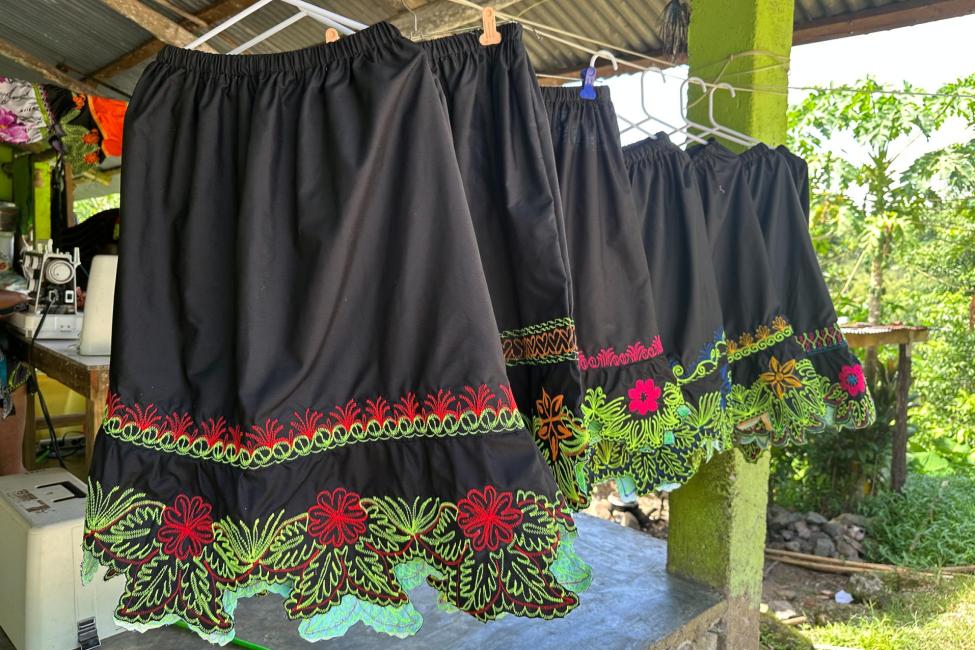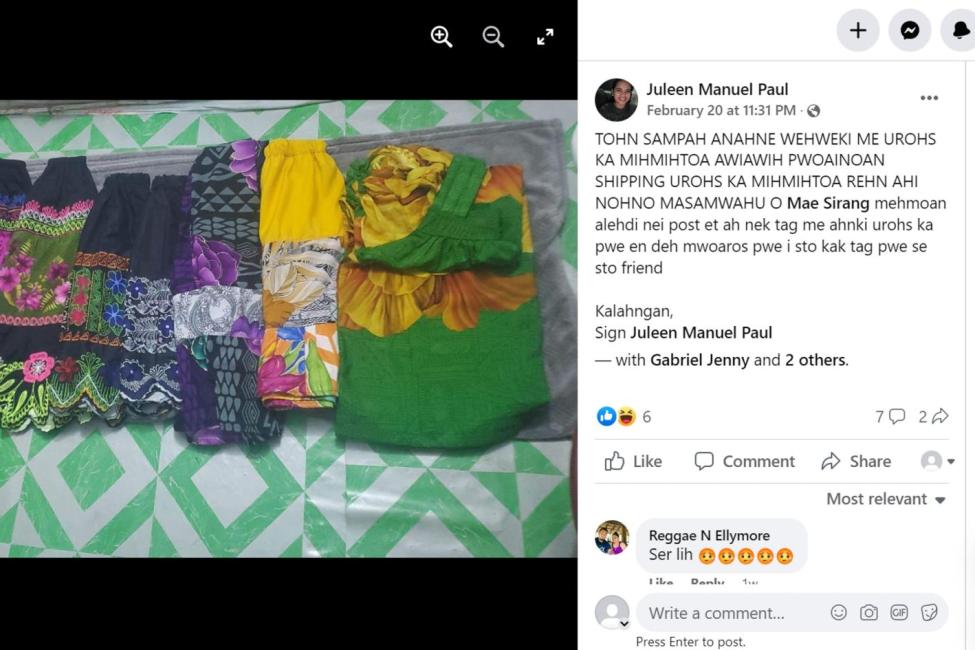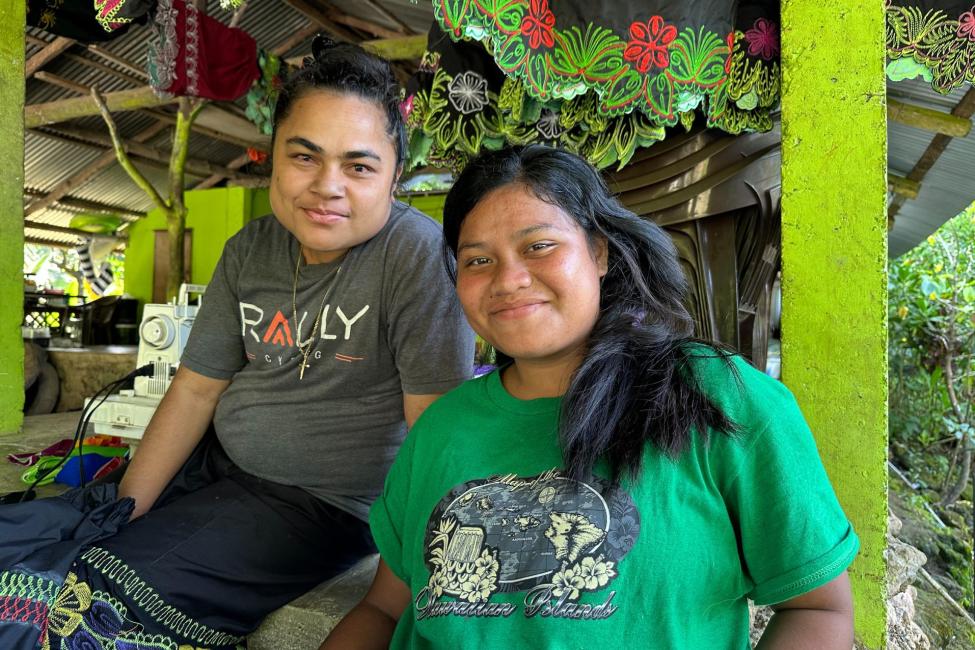-
Who We Are
WHO WE AREThe International Organization for Migration (IOM) is part of the United Nations System as the leading inter-governmental organization promoting since 1951 humane and orderly migration for the benefit of all, with 175 member states and a presence in over 100 countries.
About
About
IOM Global
IOM Global
-
Our Work
Our WorkAs the leading inter-governmental organization promoting humane and orderly migration, IOM plays a key role to support the achievement of the 2030 Agenda through different areas of intervention that connect both humanitarian assistance and sustainable development. Across Asia and the Pacific, IOM provides a comprehensive response to the humanitarian needs of migrants, returnees and host communities.
Cross-cutting (Global)
Cross-cutting (Global)
- Where we work
- Take Action
- Data and Resources
- 2030 Agenda
“New Skirts for Sale! Affordable. Payment through Western Union, Money Gram or CashApp if interested. Shipping is not included.”
The JEMS Sewing Company is open for business, and Juleen is determined to succeed. She is selling on Facebook traditional skirts from the island of Pohnpei, Micronesia; some with intricate machine-embroidered floral patterns, and others imprinted with large tropical flowers and Pacific tattoo designs.
With close to 9,000 members in the JEMS Sewing Company Facebook group and additional networks Juleen sells to from her personal page, business has never been better.
Juleen may be the face of the business, but the driver behind this thriving business is a 61-year-old Pohnpeian woman from the town of Kitti, Erina. Her name makes up the “E” in JEMS, which is actually an acronym for “Joseph and Erina Manuel Sewing Company” – representing her and her husband’s family business.
On any given day, one can hear the whirring of sewing machines on the veranda of Erina’s home located atop a forested hill in Kitti, 6.5 kilometers outside of Kolonia, Pohnpei’s main town. Erina sews there together with her two grandchildren and two women she hired when the business became more successful.
“Pohnpeian skirts are really popular these days,” Erina says.
In Pohnpei, the skirts are widely worn by young and old alike. Street shops commonly display a train of skirts on clotheslines outside their store and sell them for $55, $65, and even more depending on the amount of embroidery on a design.
Erina started JEMS two years ago, after receiving a $5,000 grant from the International Organization for Migration (IOM). She wasted no time.
“I knew a little about making skirts; I had learned when I was younger. I knew I needed to come up with a business plan that I could manage and grow,” she explains. The journey led her to become a first-time business owner at the age of 61.
Supported by IOM’s Inspiring Women’s Advancement through Collective Action (IWA) project, in January 2021, Erina and 12 women from communities in Pohnpei were selected and trained on financial literacy, bookkeeping, cashflow projection, pricing, and other essential skills while being provided with seed money to start businesses of their choice.
Prior to JEMS’s opening, Erina and her husband relied solely on Joseph’s social security to cover the cost of household expenses and, at times, asked their older children for a helping hand. Erina used to spend her days tending crops like banana and taro on their sizable plot of land thick with foliage and a gorge a few meters from the edge of her home.
“I bought materials, thread, fabrics, scissors and five sewing machines in total,” Erina goes on to explain. “I bought everything in one week. After that, we started sewing.”
Today, they produce up to 50 skirts every week, or more depending on the number of orders, which sell online anywhere between $10 and $100 each.
But the key to the JEMS business success are Juleen’s Facebook pages, which connect Erina with customers far and wide – from online shoppers in Pohnpei to customers in FSM’s other states, Guam, and even the United States.
On Juleen’s Facebook pages, interested buyers are prompted to direct-message her to arrange payment methods most suitable for them. Customers make payments through online banking, financial service companies such as Western Union and the trendier mobile payment service CashApp, which, in recent years, has also added bitcoin exchange and stock purchases to its range of services.
According to the most recent data from the government, women and girls aged 15 and older in the Federated States of Micronesia (FSM) are three times more likely than their male counterparts to be unemployed. Women also have a lower participation in the workforce (22% less).
Thanks to her new business, Erina has been able to diversify the household income and is now able to pay for medical bills, electricity, and other expenses that their family would have otherwise struggled to cover.
Juleen’s access to digital finance is also enabling Erina to tap into an entirely different market. The demand for Pohnpeian skirts far exceeds her current capacity to produce, but that only motivates her to work harder.
Meanwhile, Juleen is sharpening her marketing, sales, and finance skills and has expanded her product line to printed t-shirts, jewelry, and even fresh-catch fish, all available on her Facebook page.
With extra money in her pockets, today, Erina not only covers her living expenses but also extends a helping hand to her neighbors, friends and relatives.
“We are Pohnpeians,” she says. “We have to help each other.”
Erina dreams of opening a store one day. “I want to build one out there, by the side of the road,” she says.
Gender discrimination, including violence against women and limited socioeconomic opportunities, is a significant barrier to transforming the lives of women and girls in the FSM, the Republic of the Marshall Islands (RMI), and the Republic of Palau, where IWA operates. Supported by the US Department of State, IWA works towards removing obstacles to gender equality and empowering women and girls through livelihood activities both directly and through sub-grants to local NGOs. Implementing various livelihood activities as a means to diversify household income in the RMI, FSM, and the Republic of Palau, the project targets women and girls, men and boys to raise awareness about the impacts of gender discrimination on community development, as well as the opportunities available for a more inclusive and sustainable future.
This story was originally published on IOM Storyteller: https://storyteller.iom.int/stories/three-generations-micronesian-women…




